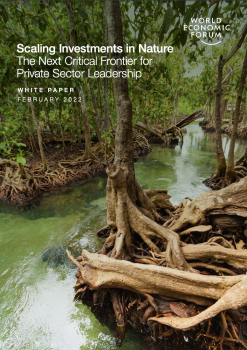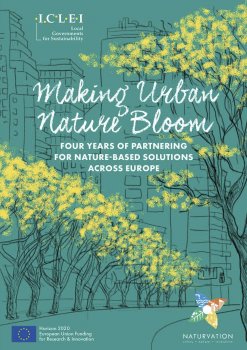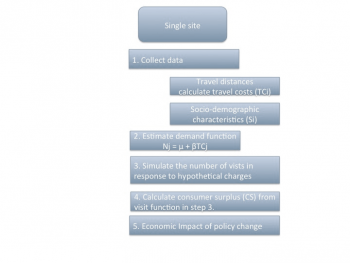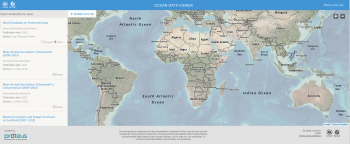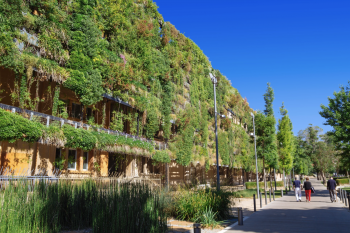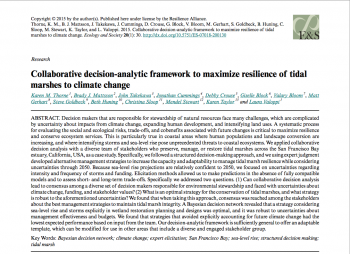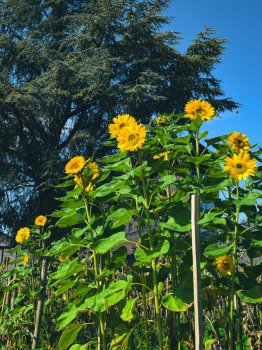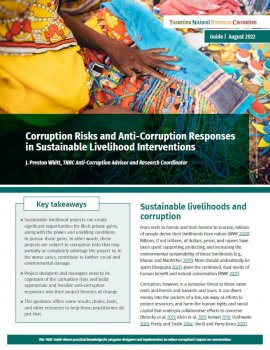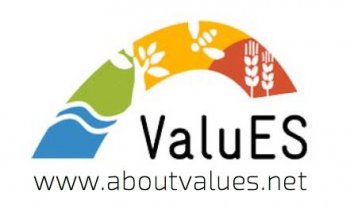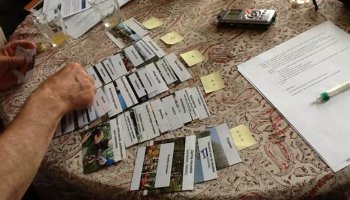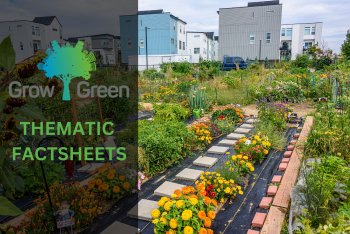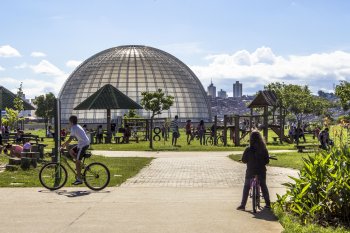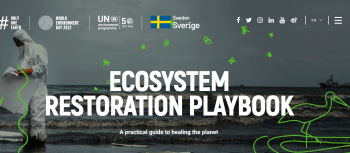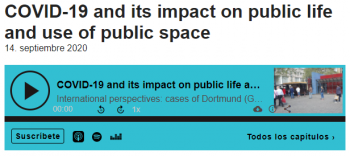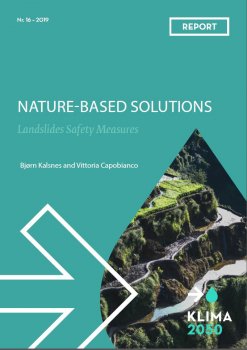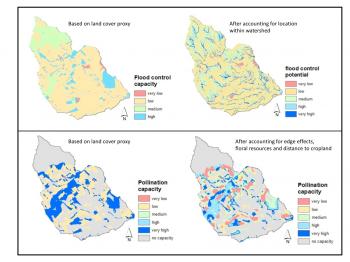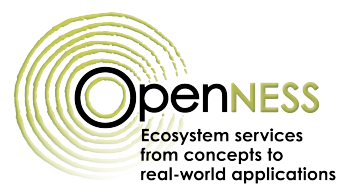Marketplace
Scaling Investments in Nature
This report, published by the World Economic Forum’s Global Future Council on Nature-Based Solutions, takes a practical look at the investment landscape for nature and nature-based solutions. In doing so, it charts out two complementary pathways for private-sector stakeholders: one, to mainstream
Making urban nature bloom. Four years of partnering for nature-based solutions across Europe
To bring nature-based solutions into city planning, the NATURVATION (NATure-based URban innoVATION) project was created. The four-year project involves 14 institutions across Europe in the fields of urban development, geography, innovation studies, and economics, building capacity of local
Method Factsheet - Travel Cost Valuation
The travel cost methods (TCM) is based on the observation that recreational services can only be realised through physical access to nature. This implies that individuals seeking to enjoy the service will need to spend resources (time and money) to travel to the site. The travel activity is a
NBS EduWORLD Flipbook - Nature-based Solutions-Learning from NBS EduSystems inspiring initiatives
Nature-based solutions (NBS) have gained solid ground in urban planning and design over the last decade. However, NBS education is still in a nascent stage and thus there is a gap in knowledge, skills and awareness of younger generations to be prepared to support mainstreaming NBS in all sectors
Ocean Data Viewer (ODV)
The Ocean Data Viewer (ODV) offers users the opportunity to view and download a range of spatial datasets of biodiversity importance that are useful for informing decisions regarding the conservation of marine and coastal biodiversity.
Nature-Based Solutions Business Model Canvas
Connecting Nature has customised the well-known business model canvas tool specifically to help plan the business models for nature-based solutions. The Nature-Based Solutions Business Model Canvas is an easy-to-use tool to help you capture in a visual format the business model of your Nature-Based
Collaborative decision-analytic framework to maximize resilience of tidal marshes to climate change
The article describes an application of collaborative decision analysis with a diverse team of stakeholders who preserve, manage, or restore tidal marshes across the San Francisco Bay estuary, USA, as a case study. A Bayesian decision network revealed that a strategy considering sea-level rise and
Green Roofs: An Assesment of ecological benefits in the Paris Region
The Paris Region Institute and its biodiversity department ARB (Regional Biodiversity Agency) carried out a three-year study on 36 green roofs. The study, called Grooves (for Green ROOfs Verified Ecosystem Services), ran from 2017 to 2019. The roofs concerned had varied typologies (extensive, semi-
CONEXUS key learning factsheet series - Cost-benefit analysis (CBA) for valuing NbS in CONEXUS pilot projects
This factsheet summarizes the results of a Cost-Benefit Analysis (CBA) undertaken to evaluate the Social Return on Investment (SRI) through the Net Present Value (NPV) and Internal Rate of Return (IRR) of three CONEXUS pilot projects: the Urban Allotment Network (Barcelona, Spain), Francia Street
- Document
Assesing the efficiency of different prevention methods of pine pitch canker, and the creation of a manual with the good pratices to follow in plant nurseries
This project developed methods to prevent Fusarium circinatum spread in pine nurseries, including seed, container, and water disinfection techniques, and tested soil alternatives to pine bark for healthier plant growth.
Anti-Corruption Guide for Payment for Ecosystem Services
Sustainable livelihood projects can create significant opportunities for illicit private gains, along with the power and enabling conditions to pursue those gains. In other words, these projects are subject to corruption risks that may partially or completely sabotage the project or, in the worse
GIZ ValuES - Methods Navigator
Ecosystem service assessments should be ‘issue-driven’. They can be done to gain new insights, to make a strong argument, to start a discussion, to help settle a negotiation, to enhance a planning process, or to reach a decision. There are many different methods for doing an assessment. Helping
Ecosystem Services Card Game Factsheet
The ecosystem services card game is a method developed to capture the sociocultural values related to ecosystem services. This method specifically focuses on exploring and understanding human preferences and perceptions on ecosystem services (Fontaine et al., 2013). The ecosystem services card
GrowGreen Thematic Factsheets
The GrowGreen Partners made a collaborative effort for creating a list of factsheets, in order to summarise the results of the various projects. The factsheets are organised by thematic area, that are biodiversity, economic impacts, heat stress, social benefits, water runoff, and water quality.
ASSESSMENT FRAMEWORK, INDICATORS AND PARTICIPATORY MONITORING PROCESS
This report presents the CONEXUS participatory assessment framework to maximize co-benefits and ensure local impact of urban nature-based solutions (NBS). The CONEXUS participatory assessment framework consists of: 1) A portfolio of indicators on NBS performance; 2) A comprehensive yet simple
Ecosystem Restoration Playbook: A practical guide to healing the planet
People and the planet are only as healthy as the ecosystems we all depend on. Bringing degraded ecosystems back to life – for example by planting trees, cleaning up riverbanks, or simply giving nature space to recover – increases their benefits to society and biodiversity. Without reviving
COVID-19 and its impact on public life and use of public space
This episode discusses the impact of COVID-19 on the behavior of people in public spaces in Dortmund (Germany), San Francisco (USA) and Isfahan (Iran). Guests: Teresa Sprague and Ghazal Farjami, and Mais Jafari explain how people in these societies perceive and react to social distancing, mask
Nature Based Solutions - Landslides Safety Measures
The report presents an overview of Nature-Based Solutions (NbS) and their main applications to address climate-related challenges (temperature, floods, sea level rise, landslides, droughts) with a special emphasis on innovative physical measures for landslides mitigation.
Demonstration results of the effects of landscape heterogeneity on ecosystem service supply
This dataset demonstrates the relevance of accounting for landscape heterogeneity for particular ecosystem services and can be used to study trade-offs among ecosystem services through spatial planning.
OpenNESS Synthesis paper: Classification of ecosystem services
OpenNESS provides the opportunity to test and refine the classification so that it can be used more generally as we move towards operationalisation. In general terms some standardisation of definitions and terminology would be helpful so that cross-comparisons of ecosystem outputs would be possible
- ‹ previous
- 14 of 55
- next ›

